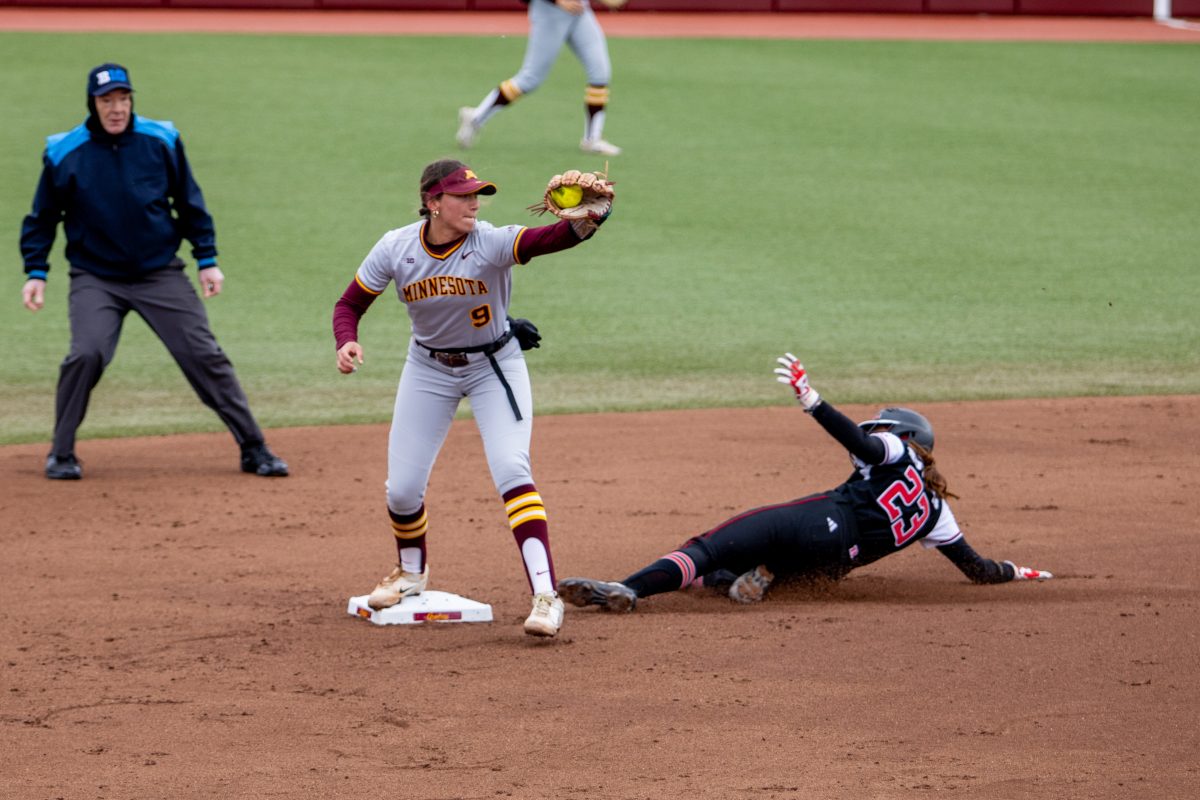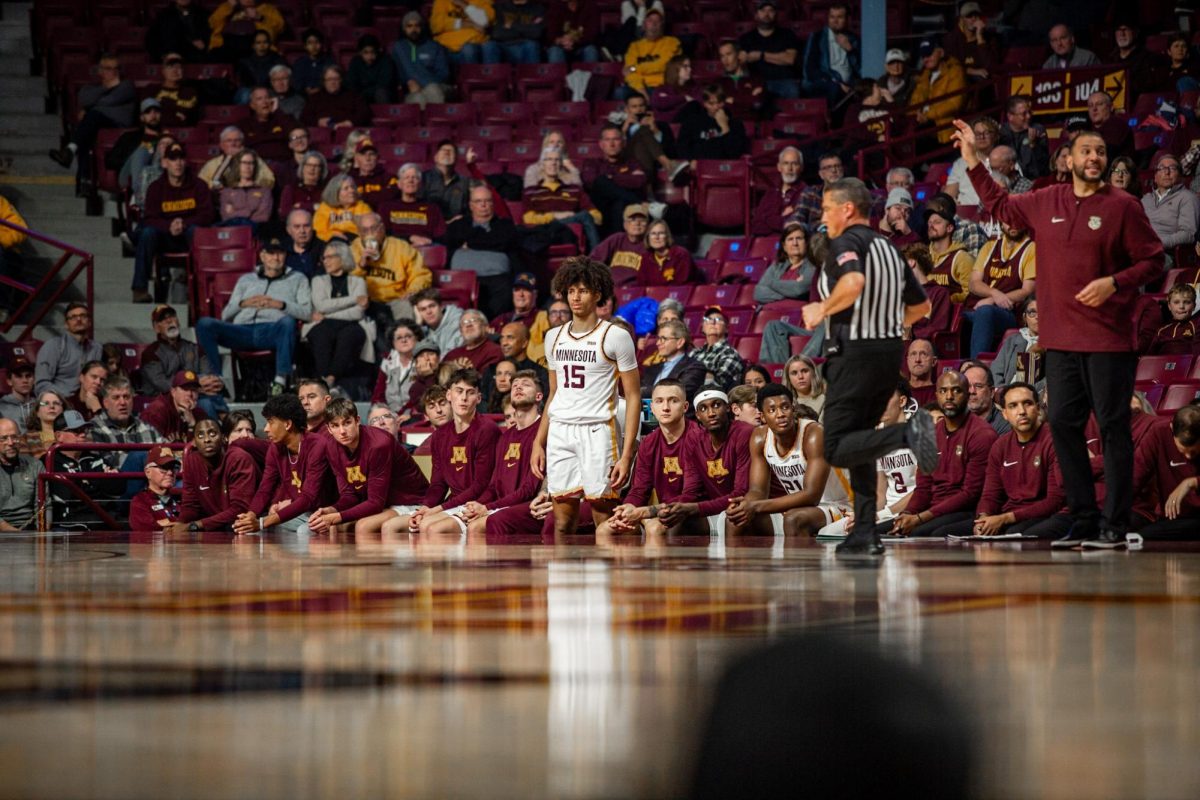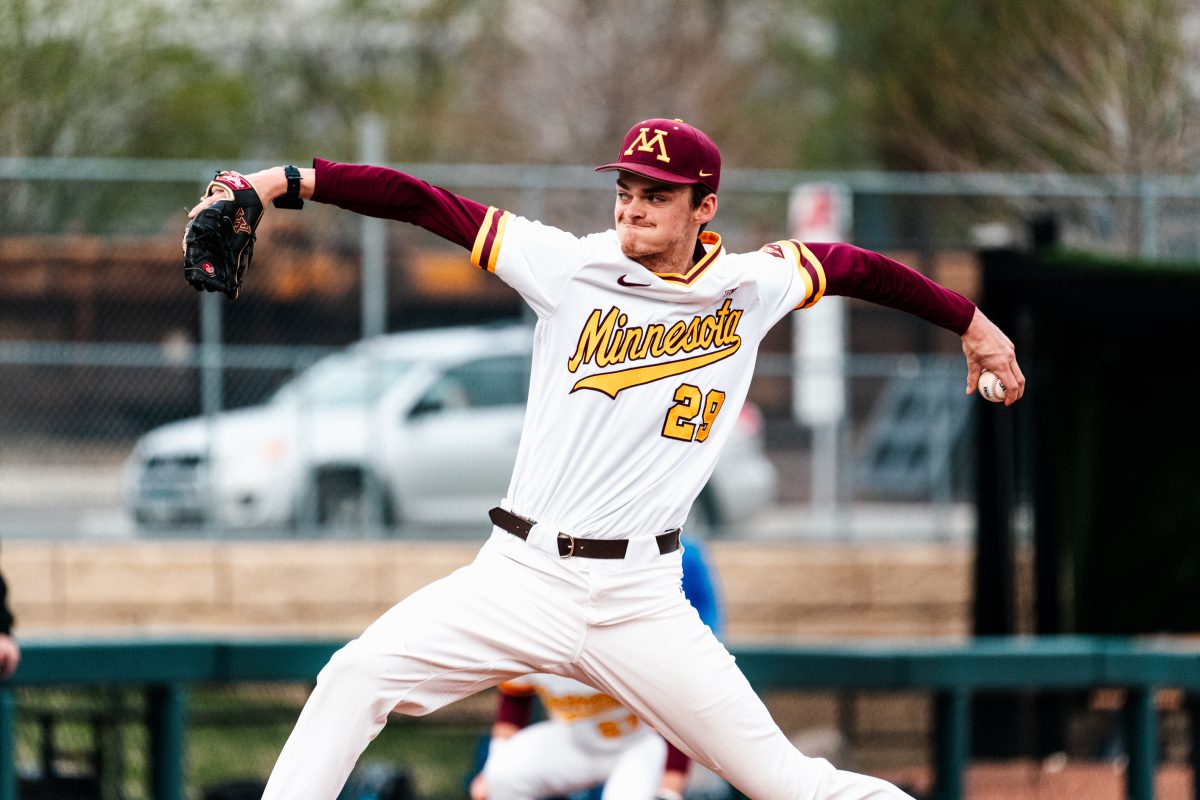A recent NCAA report revealed what officials called “disturbing” levels of gambling among student-athletes.
The survey showed 35 percent of male athletes and 10 percent of female athletes have bet on college sports in the last year, and more than 1 percent of football players reported taking money to play poorly.
Officials said they are concerned because NCAA rules prohibit all forms of sports wagering.
“The scope of sports wagering among intercollegiate student athletes is startling and disturbing,” NCAA President Miles Brand said. “Sports wagering is a double threat because it harms the well-being of student-athletes and the integrity of college sports.”
The study surveyed 21,000 college athletes about their gambling practices. According to the study, Division I athletes are the least likely to bet on college sports, whereas Division III athletes are the most likely.
University officials said gambling is not a major problem at the University.
“There are a lot of dollars being gambled today in football and men’s basketball, and now even some other sports,” Athletics Director Joel Maturi said. “We have to be very careful about that and on top of it all the time, and we try to do that at Minnesota.”
Maturi said the numbers are deceptive, because if a football player bets one dollar in an NCAA basketball tournament pool it counts as gambling. While that violates NCAA rules, it is not as bad as throwing a game, he said.
“We do all we can to educate our student athletes and tell them not to do that,” Maturi said. “I’m not happy about that, but I’m not alarmed by that.”
Athletics Compliance Director Frank Kara said participation in fantasy sports leagues also violates NCAA rules if the winner receives a prize.
“In general, I don’t know if a lot of people consider that gambling, but by the NCAA definition that is gambling,” Kara said.
Maturi said the University makes a strong effort to educate all its student-athletes about NCAA gambling rules and the risks involved in sports betting.
“You certainly try to let them know how things can happen and what the consequences are if they do happen,” Maturi said. “That’s about all you can do, I believe, and then you try to monitor it as best you can.”
The compliance office meets with student athletes and staff at the start of each academic year to remind them about the NCAA’s regulations. The department also puts up posters, shows videos and sends e-mail reminders before the NCAA men’s basketball tournament, Kara said.
The athletic department’s Academic Counseling Office also assists in the education efforts, teaching life skills for freshmen every year, director Carol Gruber said.
“I just think it’s an issue that we have to pay close attention to,” Gruber said. “Students don’t realize the issues and the high stakes until they get involved in it and it’s too late.”
The office brings in speakers recommended by the NCAA to discuss gambling risks. Speakers include FBI agents and former student-athletes.
In 2002, former Notre Dame kicker Kevin Pendergast spoke to University athletes about his experiences with sports betting. Pendergast spent two months in prison for his role in a point-shaving scandal involving Northwestern University men’s basketball players.
“The NCAA needs to focus on the seedier side of gambling to show it’s not always the nicest, innocent $5 bet with my roommate,” Kara said. “It can very quickly trickle downhill and put you in a compromising position.”
In response to the study’s findings, the NCAA has commissioned a task force to address gambling. The group will recommend additional education efforts, new NCAA rules and possible state and federal legislation in an effort to curb sports gambling, Brand said.
“By commissioning this study – the largest examination ever of sports wagering by student-athletes – and by establishing the task force, the NCAA is taking a leadership role at the national level to address this problem among student-athletes before it reaches crisis proportions,” he said.















